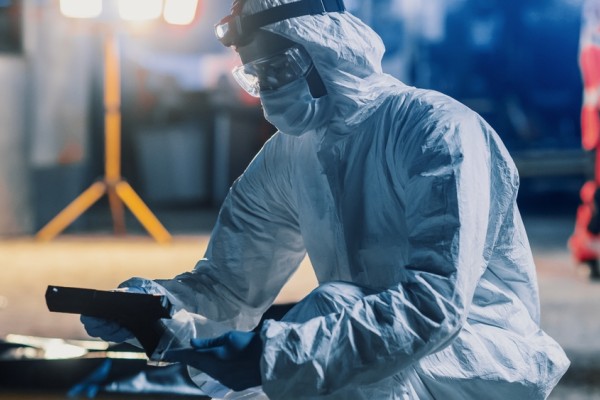OBSCC: Do police powers to retain DNA for serious offences need reviewing?
13/10/2023 | Biometrics and Surveillance Camera Commissioner
A letter from Biometrics and Surveillance Camera Commissioner Professor Fraser Sampson to HM Chief Inspector Andy Cooke enquires about the use of police powers to retain biometrics for individuals arrested for serious offences. The letter focuses on powers given to police officers through s.63G applications to retain DNA and fingerprints of individuals arrested for certain qualifying offences such as domestic abuse, sexual offences, burglary, and violence where no prosecution could be brought.
The Commissioner asks whether the current statutory elements, such as time limits, are in need of revision to make this power more practical and effective for policing. The letter also includes statistics on the frequency of s.63G applications made by police forces since 2013. Additionally, the Commissioner asked the forces that had not used these powers since the beginning of the year for the rationale behind their decision.

What is this page?
You are reading a summary article on the Privacy Newsfeed, a free resource for DPOs and other professionals with privacy or data protection responsibilities helping them stay informed of industry news all in one place. The information here is a brief snippet relating to a single piece of original content or several articles about a common topic or thread. The main contributor is listed in the top left-hand corner, just beneath the article title.
The Privacy Newsfeed monitors over 300 global publications, of which more than 6,250 summary articles have been posted to the online archive dating back to the beginning of 2020. A weekly roundup is available by email every Friday.

